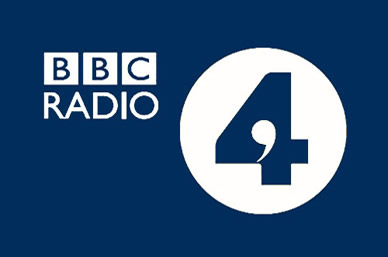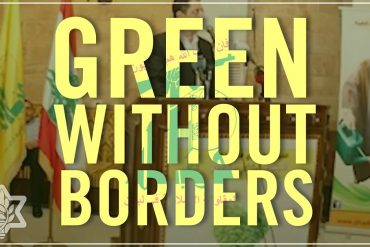This is a cross post from BBC Watch.
In part one of this post we looked at the way in which the BBC presented UN Security Council resolution 2334 to listeners to BBC Radio 4’s ‘Six O’clock News’ on December 23rd.
The following morning listeners to the BBC Radio 4 programme ‘Today’ heard a report (from 00:00:58 here) on the same topic in the news bulletin which began the broadcast. News reader Corrie Corfield opened the item as follows: [all emphasis in bold added]
“Israel has fiercely rejected a UN Security Council resolution which calls for an end to settlements on occupied Palestinian land. For forty years the US has vetoed such resolutions. This time President Obama took the view that building homes have been eroding the chances of negotiating an end to the Arab-Israeli conflict. Donald Trump has said things will be different when he takes over. From Washington, Barbara Plett Usher reports.”
Yet again (see related articles below) BBC audiences were told that the resolution relates to Israeli communities on “occupied” – rather than disputed – land and that the said territory is “Palestinian” despite the absence of any historic or legal basis to that claim and the fact that under the terms of the Oslo Accords, its final status – together with the issue of borders – is to be determined in negotiations. The same language – which exclusively endorses the narrative of one party to the dispute – was used by Plett Usher.
BPU: “For the first time in decades the UN Security Council united to pass judgement on Israeli settlements built on occupied Palestinian land. The resolution demanded an immediate end to construction, saying that it had become a serious threat to a viable peace deal. It was that view which led the US to withhold its customary protection of Israel at the council; a sharp departure from standard practice.
Some critics accuse President Obama of betraying an ally. Others said he’d waited too long; right to the final days of his administration. The White House defended the decision to abstain, saying he’d held out for a meaningful peace process but had felt compelled to act in the absence of one.
The resolution could become a reference point for further moves against Israeli policy in international forums but not for the next US administration. Mr Obama’s successor, Donald Trump, has sided with the Israeli government on this. And although the resolution is legally binding, it doesn’t spell out consequences for ignoring it – which is what the Israelis have said they’ll do.”
By describing the resolution as “legally binding”, Plett Usher is obviously inaccurately suggesting to listeners that it was adopted under Chapter 7 of the UN Charter. As the JCPA clarifies, that is not the case.
“The resolution (as all previous resolutions regarding Israel) was adopted under the sixth chapter of the UN Charter (Pacific Settlement of Disputes) and as such is not mandatory. It contains a series of political determinations and recommendations to the international community. The resolution does not make law, and as such, the determinations as to the lack of legal validity of Israel’s settlements are no more than declaratory.”
Read the rest of this post here.




